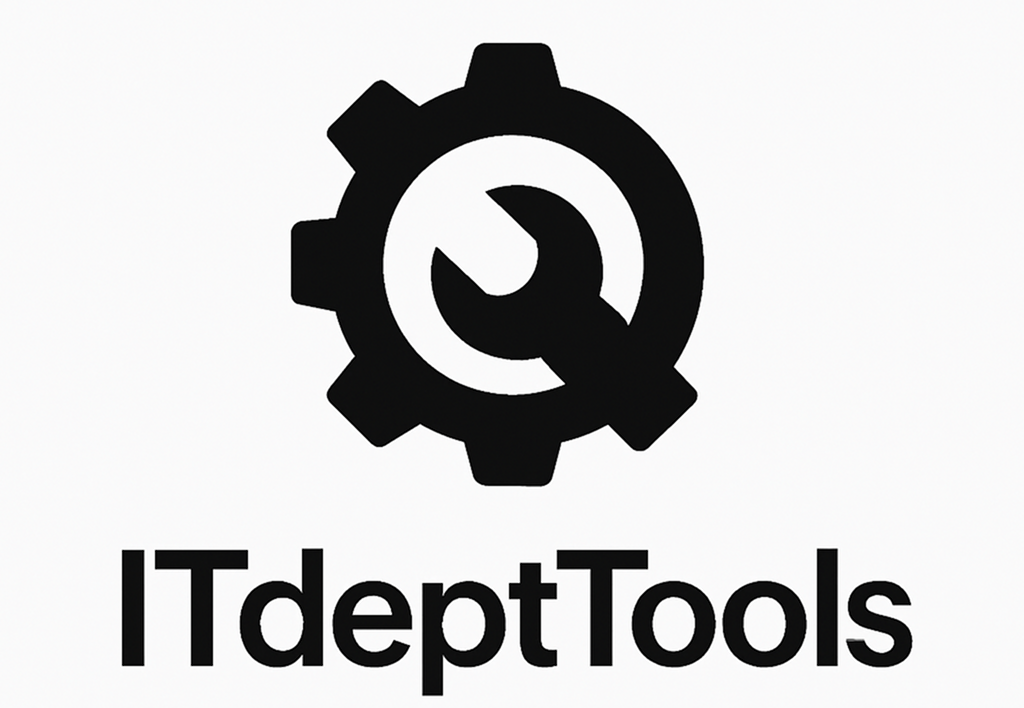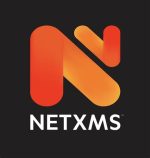ScreenConnect (Self-Hosted): Remote Access That Belongs to You, Not Someone Else
There’s remote support software, and then there’s your own remote support software. That’s the difference with ScreenConnect (now branded as ConnectWise Control, but the self-hosted version still feels like the old name fits better).
When you host it yourself, ScreenConnect turns into something most tools just aren’t anymore: fast, flexible, private. No subscription nonsense, no vendor relay. You spin up the server, drop the agents, and you’re in — over LAN, VPN, or public internet — all under your control.
What It Actually Gives You (And Nothing It Doesn’t)
| Capability | What It’s Good For |
| Full remote control | Support users, servers, kiosks — full keyboard/mouse and screen access |
| Self-hosted server | Run entirely on your hardware — nothing touches an external cloud |
| File transfer | Drag-and-drop or browse files silently |
| Multi-session support | Open multiple sessions at once — fast switching between machines |
| Role-based access | Control who can access what — support techs, admins, etc. |
| Guest sessions | Generate one-time links for users — no install required |
| Reboot/reconnect | Persist through reboots — reconnects automatically post-boot |
| Wake-on-LAN & scripting | Integrate power control and post-connection scripts |
When It Makes Sense to Run Your Own
You’re not hosting ScreenConnect just for the fun of it. You probably have at least one of these needs:
– You run an internal support team that doesn’t want session data passing through third-party servers
– Your clients require compliance — financial, medical, or government — and you need log control
– You work in segmented networks, and cloud tools just don’t get through
– You want to offer remote support as a service, and need full branding + endpoint control
– You’ve used other tools with “per-technician pricing” and decided you’d rather host your own
It’s also a great fit for MSPs that don’t want to be at the mercy of another company’s uptime.
Minimum Stack Requirements
| Requirement | Details |
| OS | Windows Server 2016+, Ubuntu 20.04+, or any Docker host |
| Architecture | x64 |
| RAM | 2GB minimum (more if you expect concurrent sessions) |
| Web server | Bundled — runs standalone on its own port |
| Network | Public IP or DNS, open TCP port (default 8040 or 443) |
| SSL | Let’s Encrypt or bring-your-own-certificate setup supported |
Quick Setup (Docker or Native Installer)
- Download the installer or container
From: https://control.connectwise.com
You’ll need to register to download, even for on-prem.2. Deploy the server
– Use the EXE/MSI for Windows
– Or deploy with Docker:
docker run -d -p 8040:8040 connectwise/control3. Set hostname and certificates
– Self-signed cert by default
– Add Let’s Encrypt or reverse proxy with NGINX if needed4. Create your admin account
– First user gets full control
– Create groups for technicians, read-only users, etc.5. Install access agents
– Generate installers from the web UI
– Agents stay persistent across reboots
– Connections can be renamed, grouped, tagged
Where It Shines — And Where It Needs Tuning
What it does well:
– Feels fast — especially over LAN or wireguard-style VPN
– Self-contained: everything runs on your server, no external dependencies
– Full access even with no user logged in
– The web interface is fast and usable on almost any browser
– Branding, theming, and domain integration all possible
What to be aware of:
– License is commercial — you’re paying per concurrent tech, even self-hosted
– Setup takes more time than cloud tools — especially SSL and DNS config
– Linux/macOS agent support exists, but is less feature-rich than Windows
– Built-in chat is rudimentary — don’t expect Slack
The Final Take
ScreenConnect self-hosted is the kind of tool you install once — and it just stays. No monthly fees, no SaaS lock-in, no watching your session count spike because someone logged in from their phone. It’s one of the few remote access platforms left that gives you actual control over access, audit logs, agent behavior — and still manages to feel fast and solid in use.
If you’ve outgrown TeamViewer, or just want your tools running on your own metal, this one deserves a serious look.







